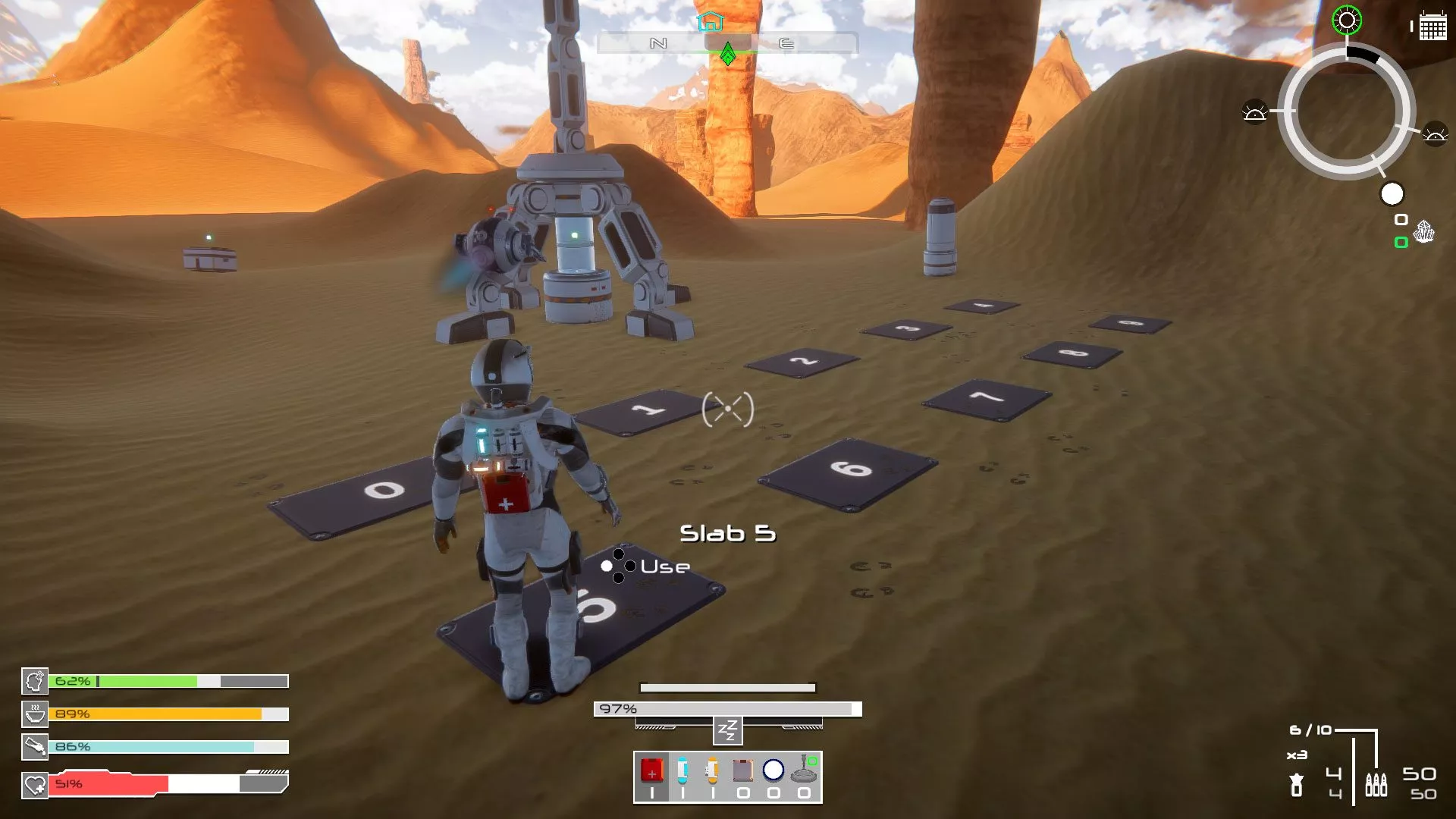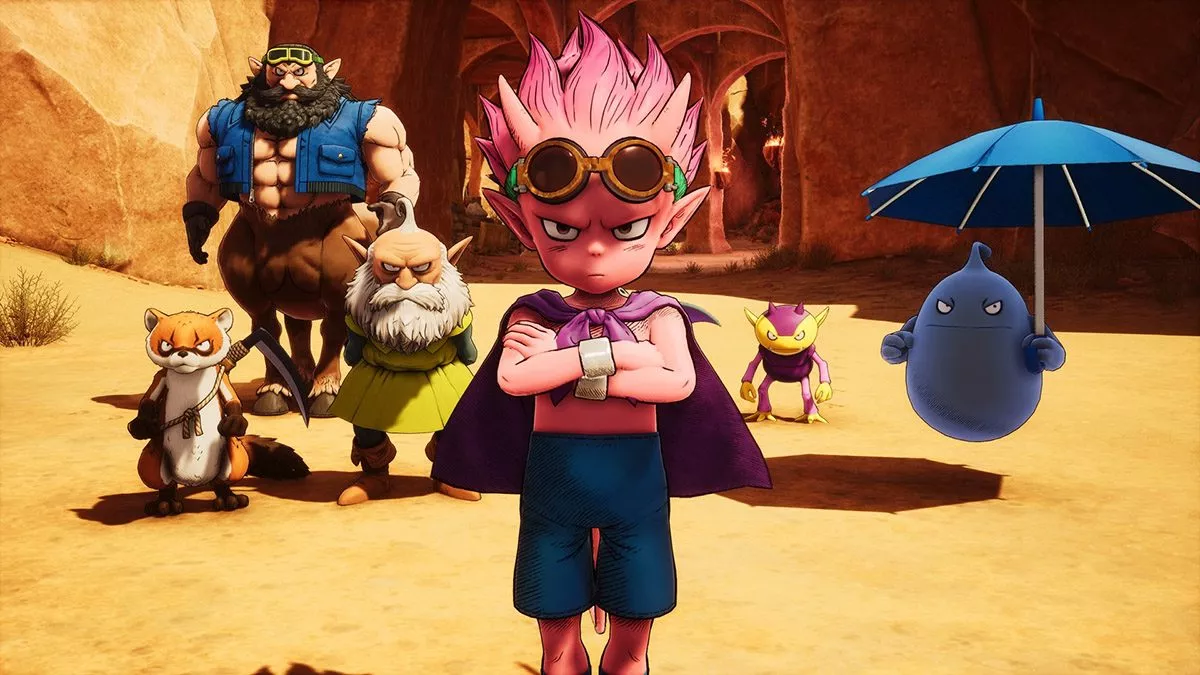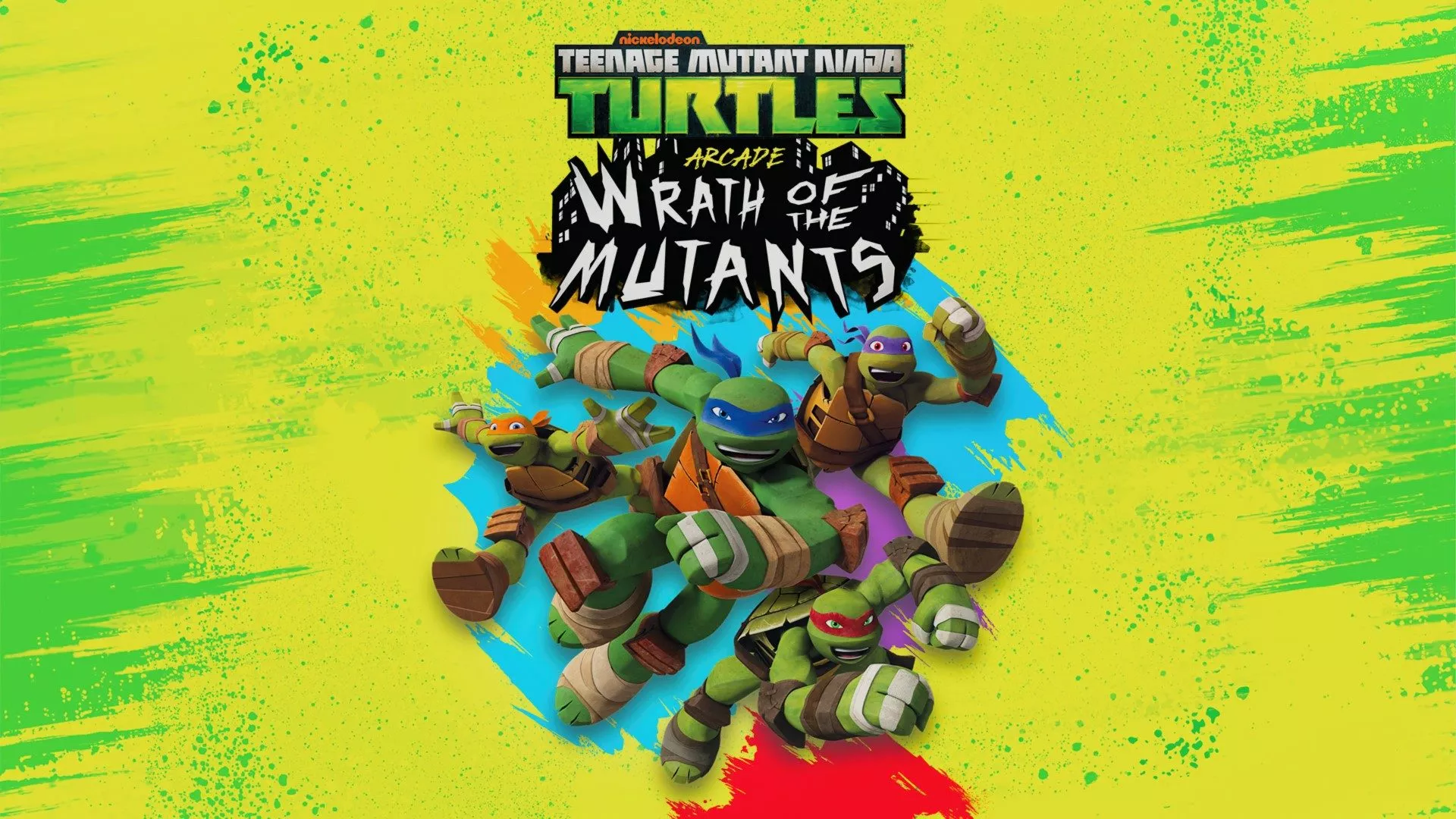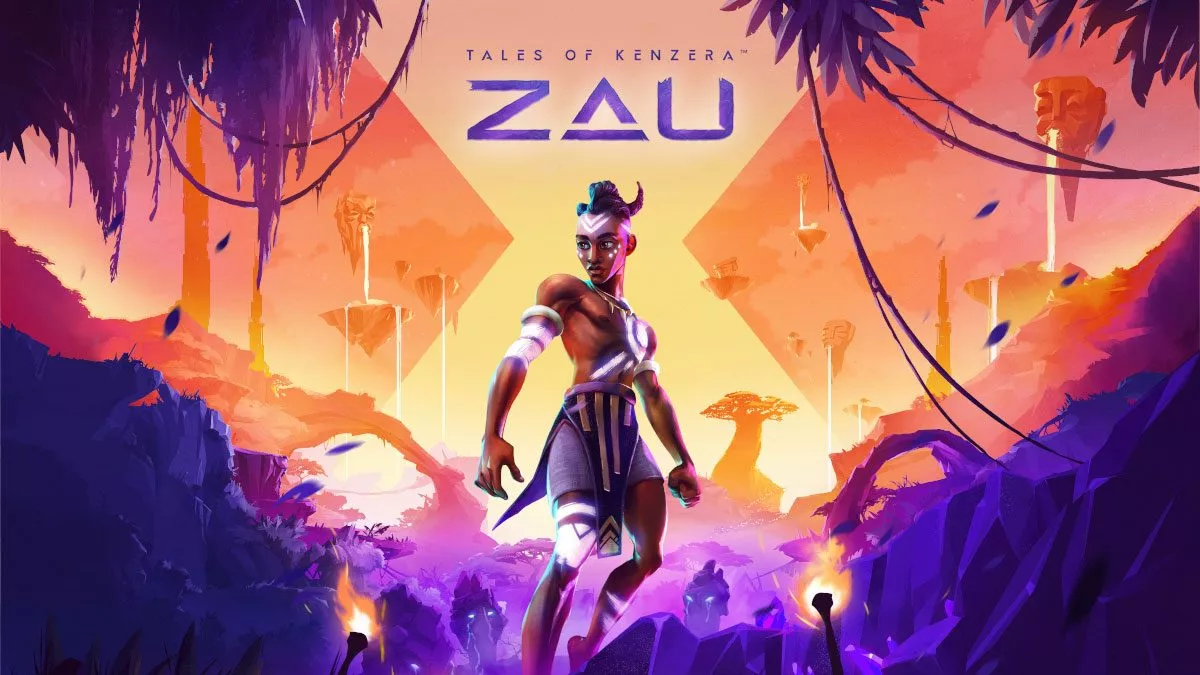One of the common highlights for PAX attendees this year was the fantastic showing at the ANZ Indie Pavilion, the quality of local independent development is astounding. In that environment winning a spot in the PAX Australia Indie Showcase is a big deal, and in 2014 the six games chosen lived up to the billing. Several of the games on show have already found success, Screencheat and Gunscape both have ID@Xbox deals and Assault Android Cactus has spent over a year in Early Access to positive reception with Wii U, PS4 and PS Vita releases in the pipeline.
The other three showcase games were largely unknown to me heading in to PAX. While I regrettably didn’t get the chance to sample Airscape: The Fall of Gravity on the show floor (the brief Steam demo was a good way to rectify that, and I can heartily recommend it), I did spend extensive time with Wave Wave and Expand, both of which left distinct impressions.
Expand

Expand is part maze, part reflex test, where you guide a square through a circular labyrinth that reveals itself to you slowly as you progress, offering an impressive variety of challenges in the two stage demo. Most of the game is a navigation puzzle, get from A to B while avoiding being crushed by moving blocks or touching deadly red barriers. Some challenges will be timed, some will just require perfect timing. Expand teaches you a mechanic then builds upon it with challenges, discarding the idea before it grows tiresome and introducing you to something completely different. It is that ‘introduce, test, challenge’ design that makes Expand compelling, it has many of the hallmarks of classic puzzle games.
I spoke extensively with composer Chris Larkin as we watched another player navigate the demo, headphones on. Chris repeatedly expressed their desire to tell a story and say something meaningful in Expand, a sentiment I found hard to believe with the occasional glance at a player trying to navigate a pink square through an elaborate moving block puzzle. That focus becomes very clear once you have the controller in hand, as the sometimes sparse piano soundtrack evokes a clear mood, supported by the occasional text prompt much like Duet, but more integrated into your actions. Without spoiling anything, I can say they succeed in marrying game mechanics to their narrative, and the soundtrack both supports the mood the game is building and integrates with the building of the level around you and the movement of the traps perfectly. The level of polish is exceptional and I came out of the demo a believer that they can say something with this game, it could make you think as well as test your brain.
Expand has been in part time development for four years, and that labour of love shows in the design. A release is expected (or perhaps hoped for) in 2015 for PC and Linux.
Wave Wave

Super Hexagon. You won’t be able to talk about Wave Wave without mentioning it, but to simplify things if you enjoyed Terry Cavanagh’s devilishly difficult reflex puzzler then go and pick up Wave Wave now. It’s available on iOS and Android (only iOS has the latest build, but the game is continually being worked on) for $3.49 AUD.
Wave Wave is difficult. Probably too difficult, and this version is slowed down compared to previous releases. You have a single control, hold down on the touch screen to go one direction, release to go at a right angle in the other direction. The screen rotates, occasionally changing direction (with the right angle you turn at automatically changing too, I haven’t found a single instance where the change of direction screwed with my timing) and constantly generating a tiny passage of right angled turns to navigate, most contact with a wall means death and a quick restart (you can ‘slide’ along walls at a 45 degree angle, a revelation that saw me double my best time). It’s Super Hexagon crossed with Snake, the sheer speed of the game and lack of margin for error make it both infuriating and addictive.
Cruelly the demo station shows a perfect, endless run of Wave Wave being played by a computer, the only way such perfection is possible. Progress is slow but rewarding, going from 10 second runs to 15 seconds feels like a major achievement, although reaching the one minute barrier to unlock the next difficulty level will be a stiff challenge, even after extensive play. That may be what holds Wave Wave back; it is very, very hard, and progress is slow, limited by your reflexes. Playing the super speed challenge modes helps, going back to the regular game feels pedestrian after these challenges that require instinctive timing, you simply don’t have time to play in a reactionary way, you need to memorise the timing and train yourself to get it right. It took me a long time to get through the first challenge in both the Trick and Repeater modes, then the difficulty spike to the second challenge just felt too much.
Wave Wave is hardcore, but it is fun and making progress is very rewarding. The soundtrack is strong, the aesthetic is all Super Hexagon; for those that like super difficult reflex challenges, Wave Wave is designed just for you. I’d picked it up from the App Store before leaving the booth, and haven’t been disappointed.
This article may contain affiliate links, meaning we could earn a small commission if you click-through and make a purchase. Stevivor is an independent outlet and our journalism is in no way influenced by any advertiser or commercial initiative.






















